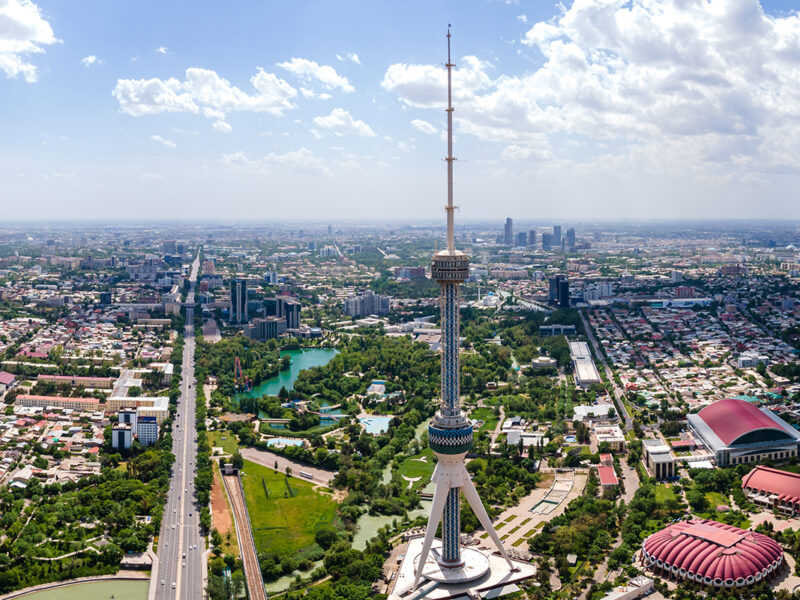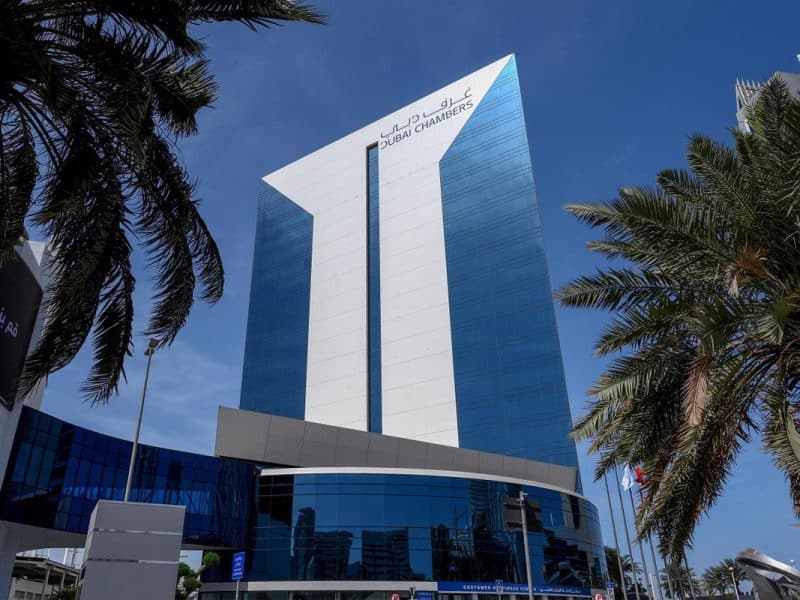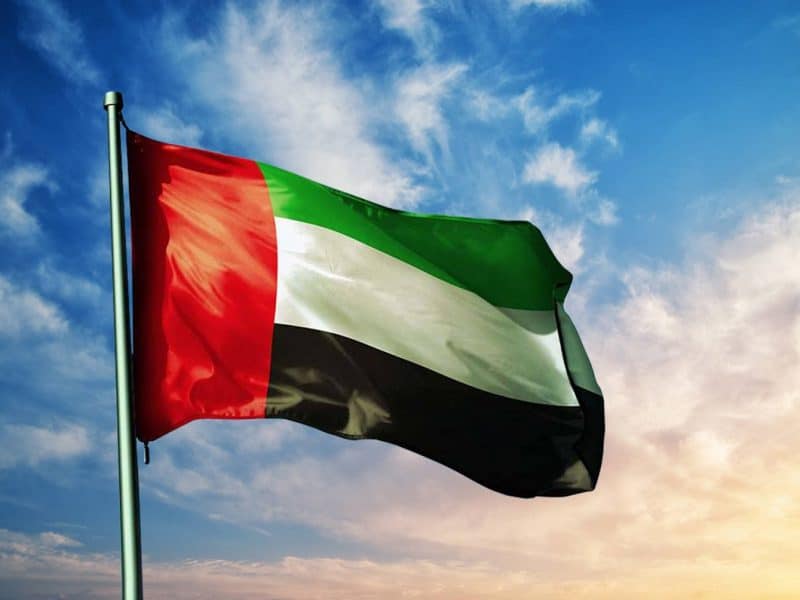Bahrain’s
central bank is concerned about volatility in global currency markets as well
as rising food costs, its governor said on Sunday.
Meanwhile Qatar’s
economy will expand strongly this year, the head of its central bank said.
“I am concerned on the global side, there is a lot of uncertainty.
There is a great deal of volatility in the market which caused certain anxiety
within markets,” Bahrain Central Bank Governor Rasheed al-Maraj told
Reuters.
“The fluctuation in currencies from time to time is a reflection of the
global economy and we have to recognise and take into consideration these
movements, but it will not influence our decisions in the short term,” he
said.
The uncertainty surrounding a fresh round of US monetary easing weighed on the
dollar on Friday, pushing it just shy of a 15-year low against the Japanese
yen. The island kingdom pegs its dinar currency to the dollar — as do most of
its fellow Gulf Arab crude producers — which keeps its monetary policy closely
aligned to that of the United
States.
Maraj also said an increase in global food prices was another source of
worry.
“I do not think inflation is a problem for us. The increase in food
prices globally is a concern as it transpires into higher prices on the local
market,” he said on the sidelines of a financial conference in Kuwait.
Inflation in the small non-OPEC oil producer slowed to a six-month low of
2.0 percent on an annual basis in September, but rose 0.7 percent
month-on-month, the fastest rate in a year as food prices soared.
Separately, Qatar’s
central bank expects the economy of the world’s largest liquefied natural gas
exporter to perform strongly this year, its governor told the same conference.
“According to our expectations … growth in GDP this year is going to
be 16 percent,” Sheikh Abdullah bin Saud al-Thani said.
Analysts polled by Reuters expected Qatar’s gross domestic product to
jump 15.5 percent this year, after slowing to 8.7 percent in 2009, due to a
massive expansion of gas facilities and government infrastructure spending. (Reuters)









